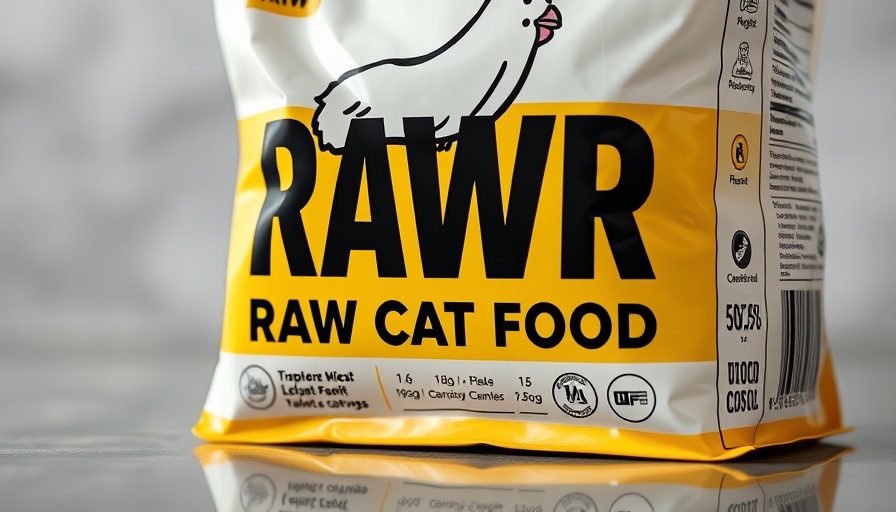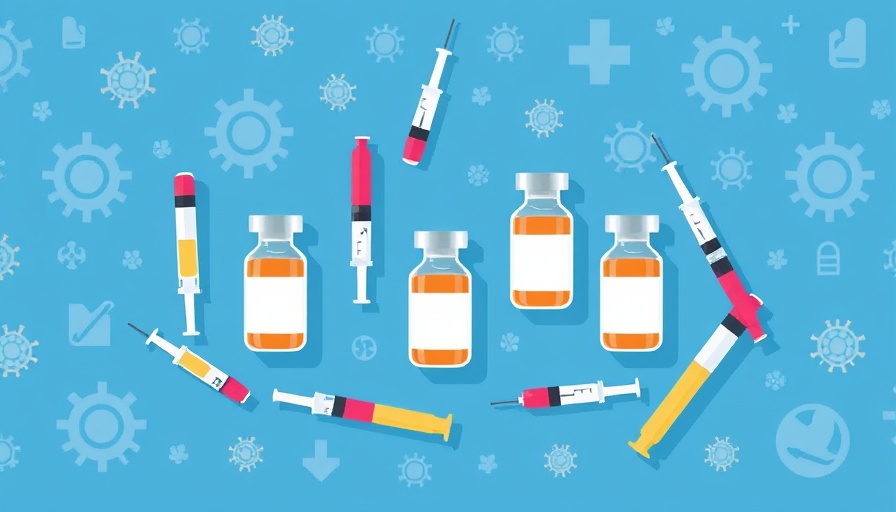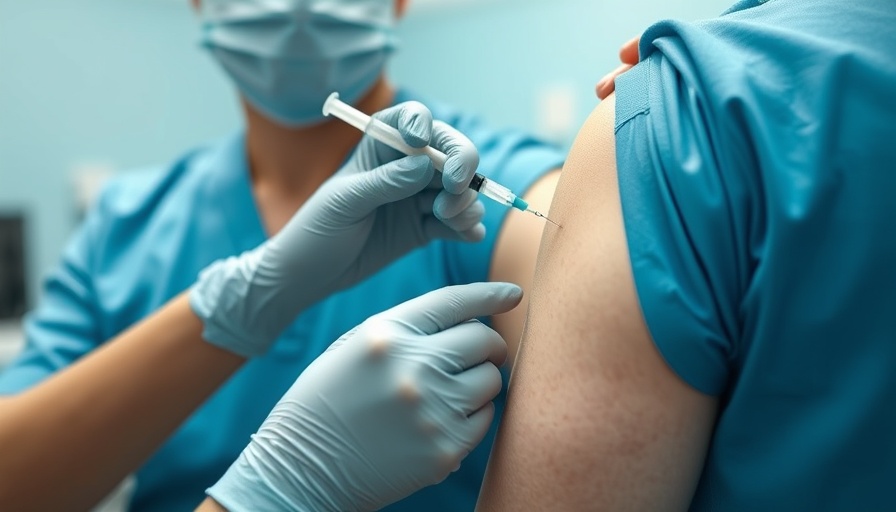
Raw Cat Food and the H5N1 Virus: What Pet Owners Need to Know
In a concerning health alert for pet owners, federal health officials are warning about the dangers of certain lots of RAWR Raw Cat Food Chicken Eats following the euthanasia of an infected cat in San Francisco. The U.S. Food and Drug Administration (FDA) recently reported that this raw food tested positive for the H5N1 virus, which has previously been a threat to avian populations and is now raising alarms for feline health.
The H5N1 virus has been detected in nearly 70 cats across the country so far this year, with many cases linked to the consumption of raw food or milk contaminated with the virus. This poses a significant public health concern, especially as risk factors for severe illness primarily affect young, elderly, or immunocompromised animals.
Understanding H5N1: What Does It Mean for You?
This development emphasizes the need for pet owners to remain vigilant about what they feed their cats. With two specific lots from RAWR being flagged for contamination (Lot CCS 25 077 with a sell-by date of September 18, 2026 and Lot CCS 250 093 set for October 3, 2026), it's pivotal for cat owners to check their supplies now. While the company has acted to remove the affected products, the risks associated with consuming raw pet food have never been more apparent.
Preventative Measures and Health Considerations
Health experts remind pet owners that there have not been any reported human infections related to handling this raw food in the U.S. However, the risk remains if the live virus comes into contact with mucous membranes. Maintaining strict hygiene and sanitary practices around pet food handling is crucial to minimize transmission risks.
Implications for Pet Nutritional Safety
With this infection being the first reported H5N1 case linked to pet cats this year, it serves as a strong reminder of the potential dangers posed by raw diets. Pet owners may want to explore safer alternatives, including commercially available cooked diets or consulting with a veterinarian to ensure their pet's nutritional needs are being met without the associated risks of raw food.
Stay Informed: What You Can Do
As news of this outbreak continues to unfold, it's essential for pet owners to stay informed. Regularly checking product recalls and staying updated on the latest public health announcements can help ensure the safety of your pets.
If you have concerns about the health of your pet or the food they consume, contact us for more details on safe feeding practices and how to identify quality pet food options.
 Add Row
Add Row  Add
Add 




Write A Comment